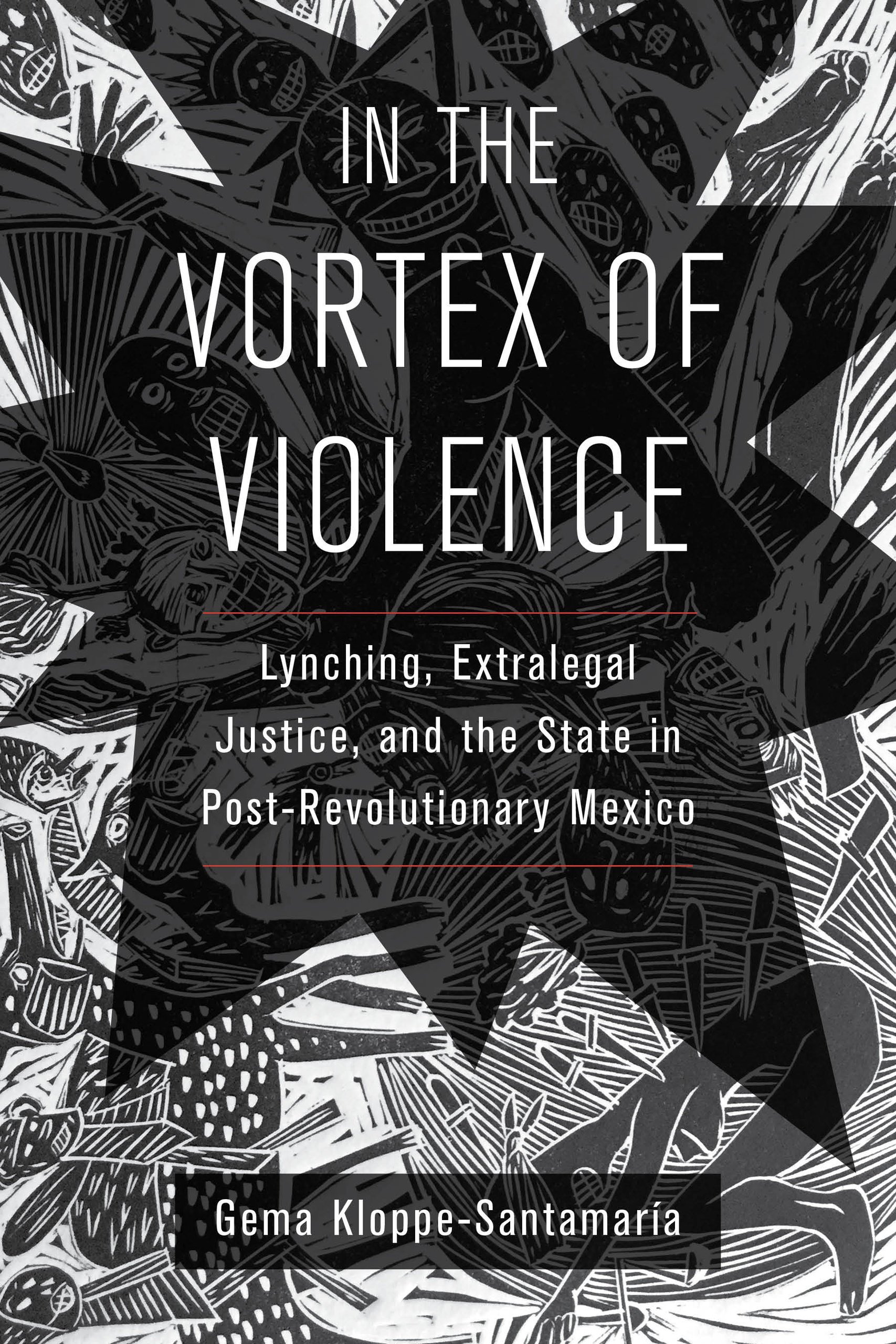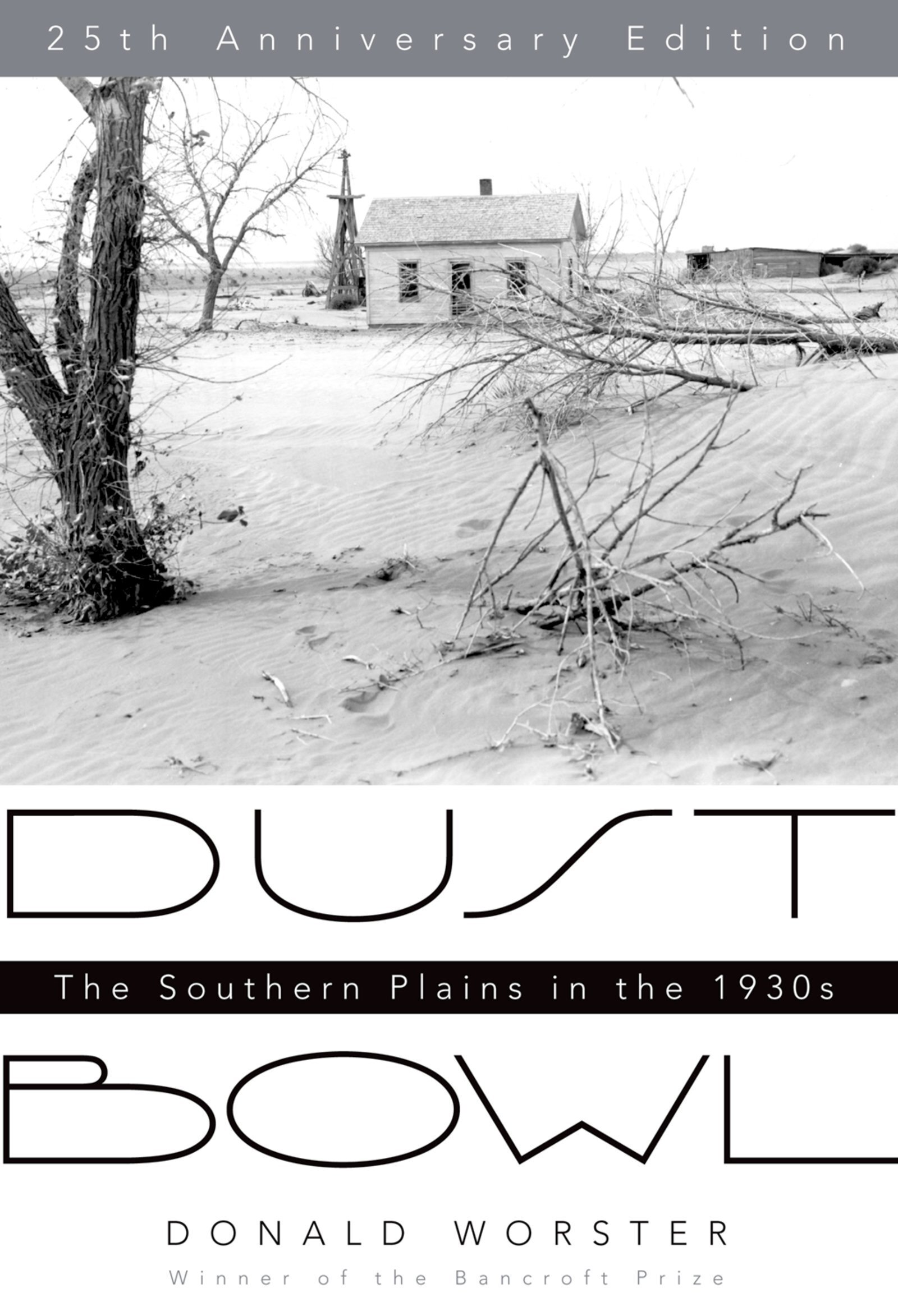Book
Essays (selection)
Mauricio Tenorio thinks with his feet. As his soles touch the asphalt, he feels a piece of one of his dearest obsessions: the city. Not Mexico City specifically, although it might be the one he feels closest to, but the idea of the city. Cities have so much to say. A street in Barcelona, an old building in Chicago, an awkward monument in Washington. D.C., a park in Berlin: they all have stories and a history. And Tenorio tells these stories through his work. I like to repeat one about a hidden monument in Mexico City… Read more.
Ganador del Premio Carlos Pereyra 2018
“Es un trabajo sumamente original: incisivo, complejo, serio, cuyas preguntas son de una profundidad destacada. La calidad literaria de la escritura, además, es extraordinaria. Algo importante, en vez de empeñarse en reducir la complejidad delfenómeno que se encontró en su trabajo de campo, Rodrigo Salido explota esa complejidad, y la aprovecha para abrir el horizonte de la reflexión de una manera tan inesperada como fructífera.”
Fernando Escalante Gonzalbo,
El Colegio de México
Hay algo en Montaigne que abraza, anima, que es difícil articular para quienes lo leen, pero saben que está ahí. Un hombre al parecer inactivo, ermitaño, aislado en el tercer piso de una torre, escribe —nada más—. Sentado en una biblioteca circular, recorre los libros que lo hicieron y anota. Pero lo que anota evoca algo físico, tangible. Las letras encarnan la conversación con ese amigo que aconseja sin juzgar demasiado, que admitió sus debilidades antes de observar las nuestras… Read more.
(Ilustración por Jaque Jours.)
Home(less)
Austin, Texas
Gema Kloppe-Santamaría, In the Vortex of Violence: Lynching, Extralegal Justice, and the State in Post-Revolutionary Mexico (Oakland, University of California Press, 2020) in Mexican Studies/Estudios Mexicanos.
In the Vortex of Violence examines the practice of lynching—defined as an extralegal, public, and asymmetrical form of collective violence—in central Mexico from the 1930s to the 1950s. The book situates lynching as part of a broader history of violence and legitimacy. Instead of attributing lynching to state absence or weakness… Read more.
Although not explicitly at the core of Worster’s book lies a method that ethnographers, photographers, and other fieldworkers employ: empathy. As a way of seeing, as a mode of writing, or as a criterion to navigate sources, wearing the shoes of others shapes Worster’s argument. Read more.
Donald Worster, Dust Bowl: The Southern Plains in the 1930s (Oxford, University Press, 2004 [1979]), en Not Even Past.
In 1804, Captain Amasa Delano anchored his ship, the Perseverance, in a lonely island near the Chilean coast. In the distance, he spotted another ship stranded in deplorable conditions and decided to help her. It flew no flag. Leer más.
Greg Grandin, The Empire of Necessity: Slavery, Freedom, and Deception in the New World (Nueva York, Picador, 2015).
Tobias Rees, After Ethnos (Durham, Duke University Press, 2018), en E3W Review of Books.
In his seminal essay “Thick Description: Toward an Interpretive Theory of Culture," Clifford Geertz wrote that to understand a discipline you should look at what its practitioners do, rather than accepting what they say they do. Leer más.
Keila Grinberg, A Black Jurist in a Slave Society: Antonio Pereira Rebouças and the Trials of Brazilian Citizenship, (Chapel Hill, University of North Carolina Press, 2019) en Not Even Past.
Like Borges, he spent his last years in a strange solitude: blind, dictating his last words. A life split between the practice of law and politics in nineteenth-century Brazil ended with a taste of failure and defeat—yet a life worth revisiting. Read more.
Can art really say anything? Although it may seem like a childish question, raising it triggers some unsettling thoughts. Much of what we usually think about artists and their work, the role art plays in our worlds, and even the possibility of writing its history relies on the answer to that question. Leer más.
Andrei Pop, A Forest of Symbols: Art, Science, and Truth in the Long Nineteenth Century (Nueva York, Zone Books, 2019), en Not Even Past.










